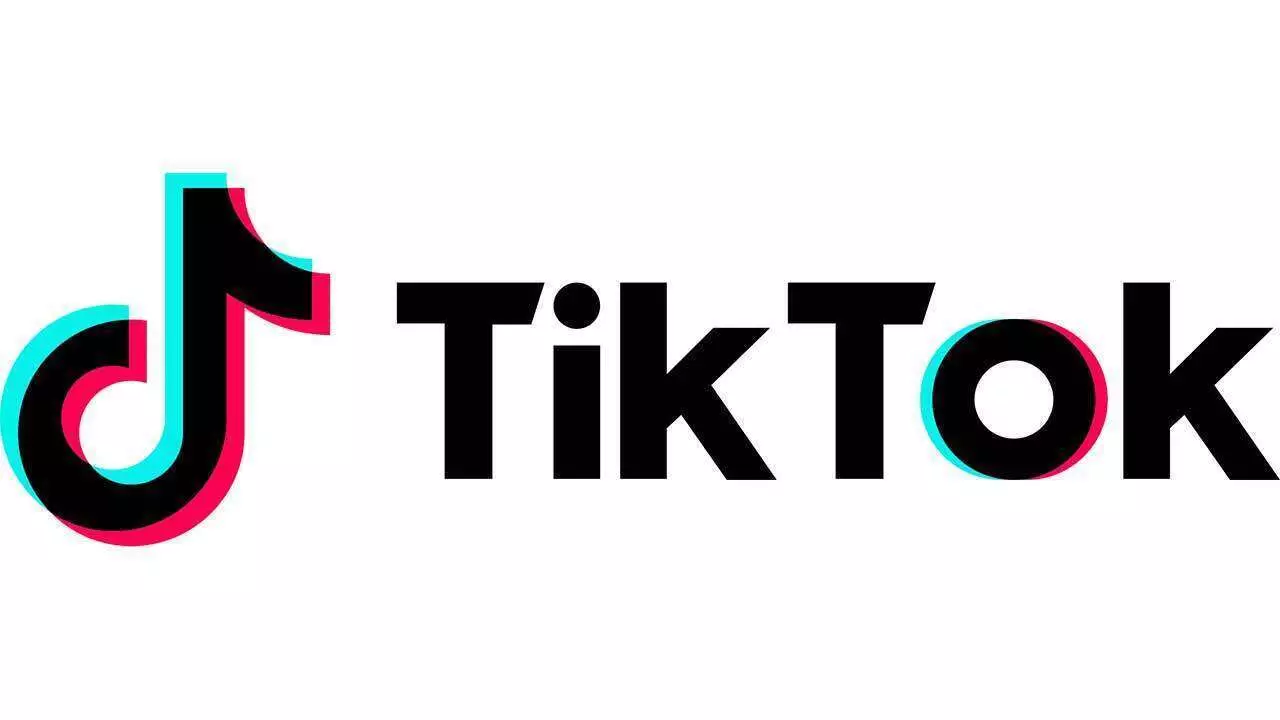In a decisive ruling, the United States Supreme Court has endorsed a significant ban on TikTok, asserting that it aligns with the provisions of the First Amendment. The Court’s per curiam decision was largely based on concerns regarding data privacy and national security, issues that have come to dominate discussions regarding technology companies with international ties. As the ban looms, set to take effect on January 19, the implications of this ruling resonate not just with TikTok users, but with the broader landscape of social media governance and free speech rights in the digital age.
The foundation of this ban rests in the bipartisan support it garnered within Congress, fueled by longstanding fears about data harvesting and foreign influence. TikTok, owned by the Chinese company ByteDance Ltd., has been under scrutiny for its connection to the Chinese government, raising alarms among lawmakers eager to protect American citizens from potential surveillance and manipulation. While the Supreme Court’s decision signals a governmental endorsement of these concerns, the path forward is fraught with complexities, particularly regarding the implications for users’ rights to free expression.
As the January deadline approaches, the political landscape adds another layer of contention to the TikTok debate. President Biden, who reportedly signed the ban into law, has indicated he may not enforce it on his last day in office, creating uncertainty regarding the future of TikTok in the United States. This raises pertinent questions about the role of executive power in shaping technology policy. In contrast, President-elect Donald Trump has expressed intentions to keep TikTok active in America, though details on his strategy remain scarce. Trump’s request for a judicial delay could signify an attempt to navigate the pop-culture and political backlash surrounding the platform’s potential disappearance.
Despite the ongoing talks about a potential sale of TikTok to a U.S. buyer, legal and operational hurdles loom large. Legal representatives for ByteDance have highlighted the challenges posed by Chinese regulations that would complicate any sale of TikTok’s proprietary algorithm, which is vital to its functionality and appeal. These restrictions could hamstring efforts to find a domestic buyer before the impending ban, effectively leaving TikTok to prepare for a potential halt in its U.S. services.
The potential ban of TikTok carries profound implications not only for its millions of users but also for the cultural fabric of the American social media landscape. With its widespread popularity linked to trends in music, gaming, and user-generated content, the absence of TikTok could stifle creative expression and engagement among diverse communities. As gamers and creators harness the platform to remix content and share experiences, the ripple effect of a shutdown could lead to the diminished vitality of digital cultural exchanges in the gaming sphere and beyond.
The unfolding events surrounding the TikTok ban encapsulate a broader conversation about national security, digital rights, and the ever-evolving dynamics of technology regulation. As the deadline approaches, stakeholders in this issue—including users, lawmakers, and technology companies—must tread carefully in navigating the intersecting realms of free speech and security.


Leave a Reply